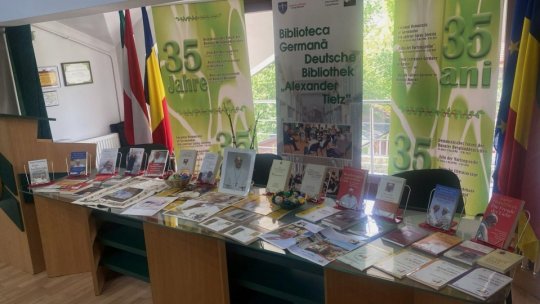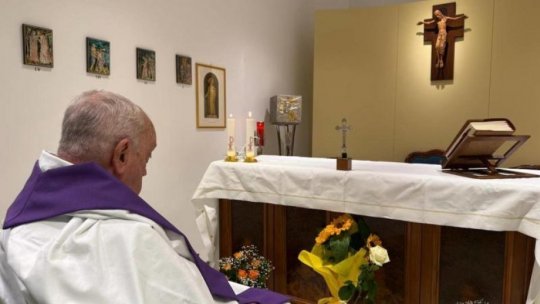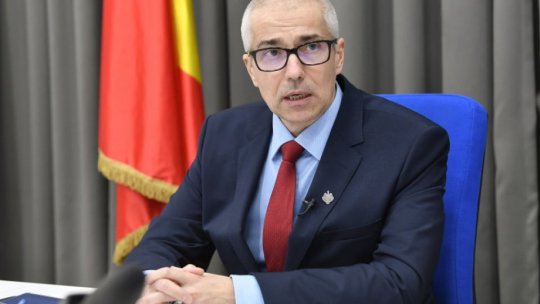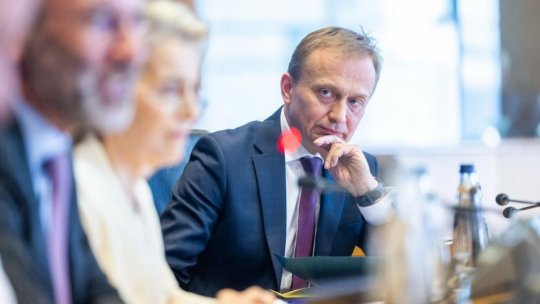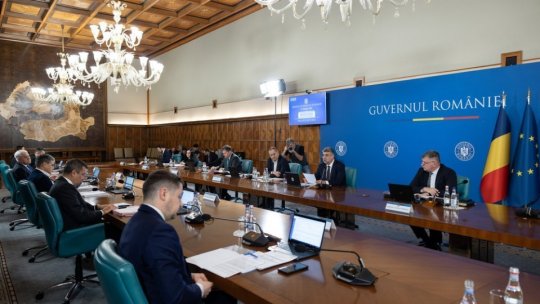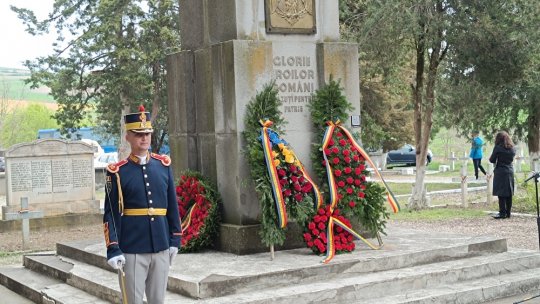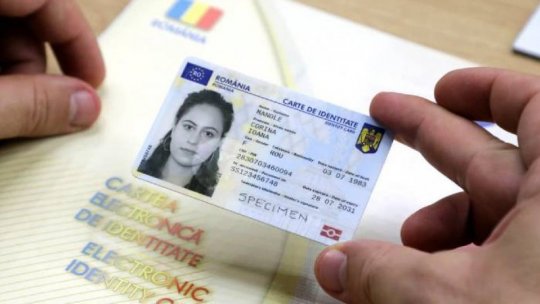The annual meeting of the romanian diplomats
The top priority of Romania’s foreign policy is accession to the Schengen area on the established date, April 2011, according to president Traian Băsescu.
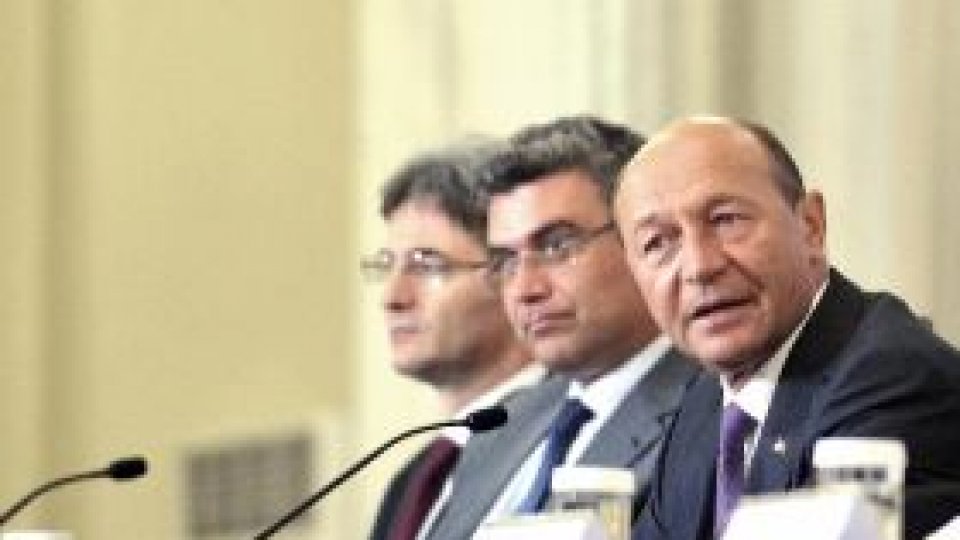
04 Septembrie 2010, 15:45
The Romanian President has drawn attention to some countries’ attempts to link the issue of the Roma community to Romania’s accession to the Schengen area. This is a clear allusion to events in France, which accelerated the process of repatriation of Roma people to their countries of origin, including Romania and Bulgaria.
Paris has criticized Bucharest for what it considers to be the failure of its policies regarding the integration of the Roma and suggested that Romania should not be accepted in the Schengen area next year. Meanwhile, President Băsescu has called on Romanian ambassadors appointed to EU states to explain the cultural and linguistic links between Romania and the Republic of Moldova, this being the reason for Bucharest’s unconditional support for Chişhinău’s European integration bid.
We recall that the simplification of procedures for granting visas and Romanian citizenship to the ethnic Romanian population in the Republic of Moldova was followed by a chain of reactions from Western European countries, expressing concern that they might face a wave of Moldovan immigrants via Romania.
The Romanian President admitted that the support granted to the new democratic power in the Republic of Moldova, although legitimate, transparent and not at all subversive, might be the cause of the recent tension between Romania and Russia. But – the President added – the support granted to Moldova, the fact that American soldiers are training in Romanian camps and the fact that elements of the US anti-missile defense shield will be placed in Romania should not justify Moscow’s hostility towards Bucharest.
President Băsescu has called on Romanian diplomats to make it clear that Romania is not showing hostility or enmity to Russia, but simply pursuing its interests in the fields of security and energy policy.
However, the two countries do have common interests such as peace and security in the Black Sea area, the fight against terrorism, stopping drug trafficking from Afghanistan to Europe and also arms trafficking.
As regards the situation of Kosovo, Romania still maintains its stance on not recognizing the independence of the former Serb province with a majority Albanian population, and is in favor of direct negotiations on the issue between Belgrade and Pristina.
The Romanian President also hailed the strengthening of relations with Romanians living abroad and the fact that, despite financial constraints caused by the economic crisis, Bucharest has managed to open new consulates in Italy, France and the US and maintain acceptable budgets to support Romanian communities aboard.
(Radio România Internaţional, Serviciul în limba engleză).


